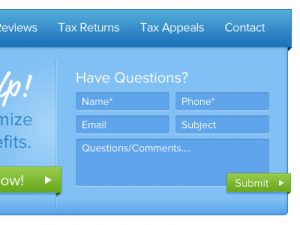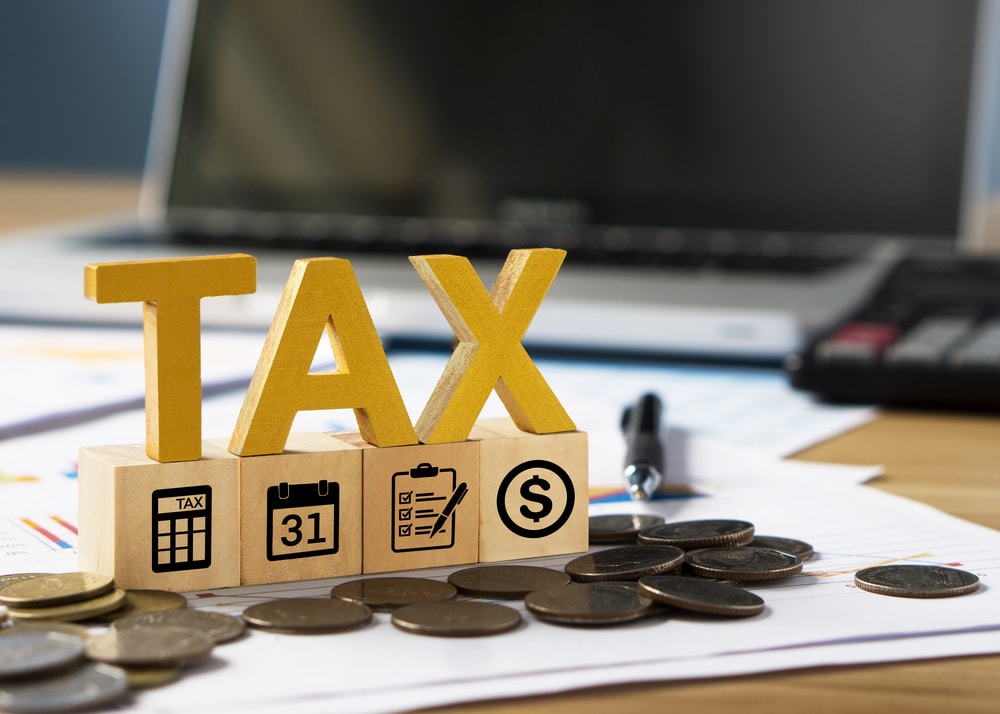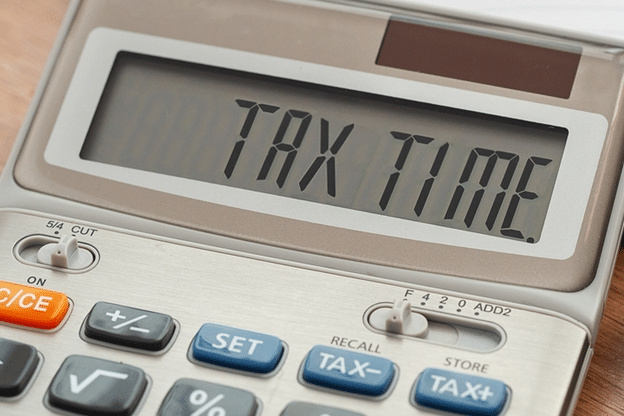A couple of years ago I was in imminent need of a CPA. Up until then I had used Turbo Tax and even after running into some hiccups, because of some online stock trading I had done, I stuck with them. I had boug
ht a home in March and planned to file my tax return right after. I knew that I could receive a tax credit because of my overseas service while in the Army. What I didn’t know and didn’t want to risk making a mistake on was how to file this home purchase with last years info to receive the tax credit immediately. This is where my search for tax preparers began.
What I found is that in California there are two types of registered tax preparers. There is the California Tax Education Council (CTEC) Registered Tax Preparers and the Certified Professional Accountant (CPA). CTEC tax preparers are for anyone filing with California as their registered state. If you plan to use one make sure to verify that they are registered with the state by clicking here. The other option is a CPA. I’m sure we’re all familiar with them as they’re the most common across the country.
How to Filter Through Thousands of Registered Tax Preparers
1) Word of Mouth and Use Your Network
Ask for recommendations. You’ll be surprised how many recommendations you’ll receive when you start asking. Most of us don’t disclose our financial situations freely or openly. But if someone asks for help we’re quick to answer and offer a helping hand.
What better way to get a fair and accurate review of someone’s professional service then through your family, friends and network? We trust their word far over a strangers. Sure Yelp and Angie’s List have user reviews, but these are from strangers and you’ll probably trust them less.
2) Look At and Verify Their Qualifications
Just because they have a fancy business card or LinkedIn profile doesn’t mean they’re truthful and have integrity. Just because their website is fancy doesn’t mean they’re a registered tax preparer.
Make sure to search the National Society of Accountants and the American Institute of CPAs and verify their quals.
3) What is their experience?
On their ‘about’ page or LinkedIn profile some experience should be listed. What projects, engagements or personal reviews are there? Find out what you can. In my search I needed someone with experience in personal tax returns, not corporate tax. I was fortunate to have Steve Crisler recommended to me. He also happened to be a veteran, which I preferred.
4) Prepare Your Questions

You need to know what questions to ask if you’re going to get all your tax needs covered. Are you filing a personal return? Are you starting a small business? Did you recently have a child?
If your child was born on Dec 31st or Jan 1st it makes a big difference. Based on what your question is will help determine what type of tax preparer you need.
5) Call Them
Once you’ve created your questions and covered all your bases make sure to call them up. Most offer free consultations over the phone or in person. Take advantage of this because the IRS rarely shows leniency when you mess up.
6) Contact at least 2 or 3 Tax Preparers
You should always get 2 or 3 quotes. The same goes for tax preparers. The best case scenario is that you’ll have one for years or longer. You don’t want to change every couple years or worse each year.
I personally like to build a professional relationship with those I do business with. It takes time – no way around this.
7) How do they protect your info?
PII (Personally Identifiable Information) is targeted in Identity Theft. Make sure they secure your PII.
Here are additional resources from The Accreditation Council for Accountancy and Taxation
Top Ten Reasons to Hire Tax Preparers
Featured image by http://dribbble.com/nicksirotich
2nd image by http://dribbble.com/shawnjohnston











